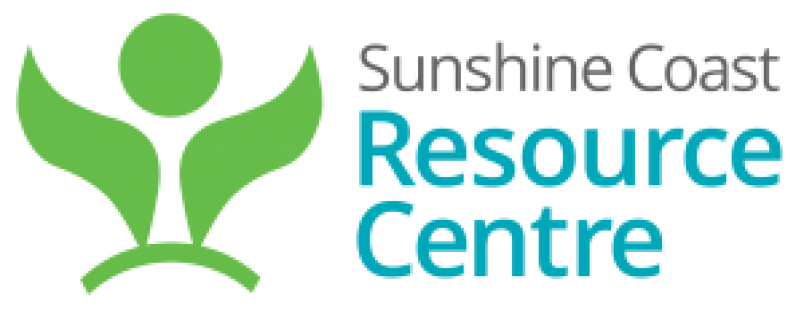Q: I’ve heard there are lots of phone, online and text scams happening. How do I know what is real and how do I protect myself?
A: This is a timely question, especially during the holiday season. From scammers pretending to be government officials or posing as friends on social media, people looking to get personal information from you know exactly what to do to seem official and they play on your emotions.
Personally, I’ve been targeted for countless scams in recent months, both at work and at home. I even received a scam phone while writing this article. I’ve had scam calls from people posing as the Canada Border Services Agency saying that illegal packages are held up at the border, or calls posing as Service Canada saying I owe money. On my call display, these calls sometimes seem official, appearing as the Canada Border Services Agency itself or other “brand name” titles, like the province of Ontario, City of New Westminster to name a few. By email last month, my colleagues and I got a scam email from someone posing as our Resource Centre boss – using a personalized Gmail address with my unsuspecting boss’ full name attached to it – asking me to buy gift cards for our office and to send them the pin numbers for these. Fortunately, we knew better and the emails were sent to our trash folder.
A few key tips (of many) on the Canadian Anti-fraud Centre’s website include: Don’t be afraid to say no, delete an email or hang-up the phone; do your research; and don’t give out personal information if someone contacts you! This includes (but is not limited to!) information like: full first and last name; date of birth; social insurance number; confidential answers to security questions; username and passwords; your driver’s license number; bank account numbers; passport number and much more.
Sunshine Coast RCMP’s Constable Jihan McDougall makes a good point in saying that if you get contacted by phone or online, there is nothing you should ever need to do right in that moment if it’s a legitimate request. She says identity theft can occur over the internet or telephone or via fax or regular mail. Therefore, be particularly wary of unsolicited e-mails, telephone calls or mail attempting to extract personal or financial information from you.
“If you’re having doubts on who you are talking to, the best bet is to research on your own, have a trusted person look into it for you, or go in-person to the institution in question to find out more.”
McDougall confirmed that phone scammers looking for these types of information are getting very creative in the way their numbers appear on peoples’ phones. She says it’s important to question what appears on your call display, because scam calls may show up as something that looks legitimate but is not. What’s more, when victims get suspicious or seem unsure, scammers may go so far as to offer a callback number in order to appear legitimate but that number winds up reconnecting the victim with a further scammer. The same principles apply to text and online scams, like in email, asking you to send information, or click links which seem legitimate, but are not. Don’t click the links!
With the holiday season in full swing, the Better Business Bureau (BBB) underlines the need to properly research online sellers. Fraudulent sellers of supposed “good deals” may take your money via trusted payment methods like PayPal, provide you with legitimate postal tracking numbers but leave you hanging when a package containing something completely different arrives.
For more questions about scams, or to report a scam, you can call the local non-emergency RCMP line here on the coast at 604-885-2266 during their business hours. You can also call the Better Business Bureau at 604-682-2711, and check for local scams/report a scam using their “scam tracker tool”: bbb.org/scamtracker. Here at the Resource Centre, we are happy to direct you to other organizations that can help as well.
Angie Theilmann is an information and referral specialist at the Sunshine Coast Resource Centre, your community information hub. The Resource Centre is open Monday to Thursday 10 a.m. to 3:30 p.m. Appointments are recommended to be sure we are available to help you. Drop-ins welcome. Contact us: [email protected] or 604-885-4088.



